As Human Resources & Employee Relations consultants we often get called upon to conduct independent workplace investigations into allegations of misconduct, bullying, discrimination, or sexual harassment.
Organisations may choose to engage an external investigator in these circumstances for several reasons, rather than conduct the investigation internally.
A failure to conduct the investigation in a timely and unbiased manner can lead to negative consequences for both the participants and the business. Investigations can also often be emotionally charged and take a toll on the morale of the internal Human Resources team. As an external investigator we are not involved in the day to day running of the business and can focus entirely on ensuring the investigation is resolved as quickly as possible, involving only the necessary parties.
The cost to business
External investigations are often an unplanned cost for businesses. However, a poorly managed workplace investigation can come at a much higher cost, including:
- Permanent damage to working relationships
- Diminished trust in the company
- A toxic work environment, loss of talent, and low staff morale and productivity
- Increase in unfair or unlawful dismissal claims
- Increase in third party interventions and stress related Workers Compensation claims
- Increase in general absenteeism
The more robust a business’s grievance process, the more efficiently an external investigator can conduct investigations, saving the business time and money.
Facilitating investigations
We have outlined some of the steps we recommend that businesses take to effectively facilitate investigations
1. Implement a solid grievance resolution procedure and keep it up to date.
Having a procedure in place demonstrates a commitment to deal with grievances in a transparent manner and allows employees and leaders to easily find relevant information, such as how to lodge a grievance and what process will be followed. The procedure should include sufficient information but be written in a concise manner. It should also allow for flexibility in the process depending on the circumstances as not every complaint requires an investigation.
Developing a clear, concise, and flexible procedure is no easy task but it is an important one.
2. Ensure employees are aware a procedure exists and where to find it.
This seems obvious, but too often the feedback we receive from investigation participants is that they did not know how to make a complaint and/or what the process entailed. As a result, issues were not raised or escalated in a timely manner.
Issues that are not dealt with efficiently have the potential to blow out and make for long and difficult investigations.
3. Train managers and line leaders on how to manage grievances and provide fit for purpose training.
Not everyone needs the same level of training but everyone in a lead role should have a minimum level of knowledge on how to manage grievances, as well as when and how to escalate them.
4. Contact the complainant(s) as soon as possible after a complaint is made or escalated.
Even if an investigation does not commence on that day, contacting the complainant to let them know their grievance was received and explaining the process will go a long way in ensuring they feel supported.
Employees who feel supported are often more willing to participate in an investigation and accept the outcome.
5. Provide details for external support.
While an investigator can be empathetic and mindful of people’s emotions during the investigation, they must remain unbiased and therefore should not be acting as a support person or counsellor. Investigations are often a difficult time for those involved, and therefore providing contact details for external support such as an Employee Assistance Program, helplines or government resources should form part of the process. It is also best practice for a member of the internal resources team or a contact officer to do regular ‘check-in’ with the parties.
6. Set expectations on the timeframe.
Although engaging an external consultant will assist in ensuring the investigation is conducted in timely manner, the availability of participants and the volume of evidence can mean that the investigation could take longer than expected.
7. Do not guarantee an outcome.
This is important! No matter the circumstances, a complainant should never be guaranteed a particular outcome. Without all the information and evidence one can never know what the findings will be.
Azuhr consultants are a dedicated team of professionals with years of experience in conducting complex investigations. Please contact us on 1300 909 819 for a confidential chat.
Benedicte Bettin
Senior Consultant
Azuhr
+61 457 588 706
[email protected]


